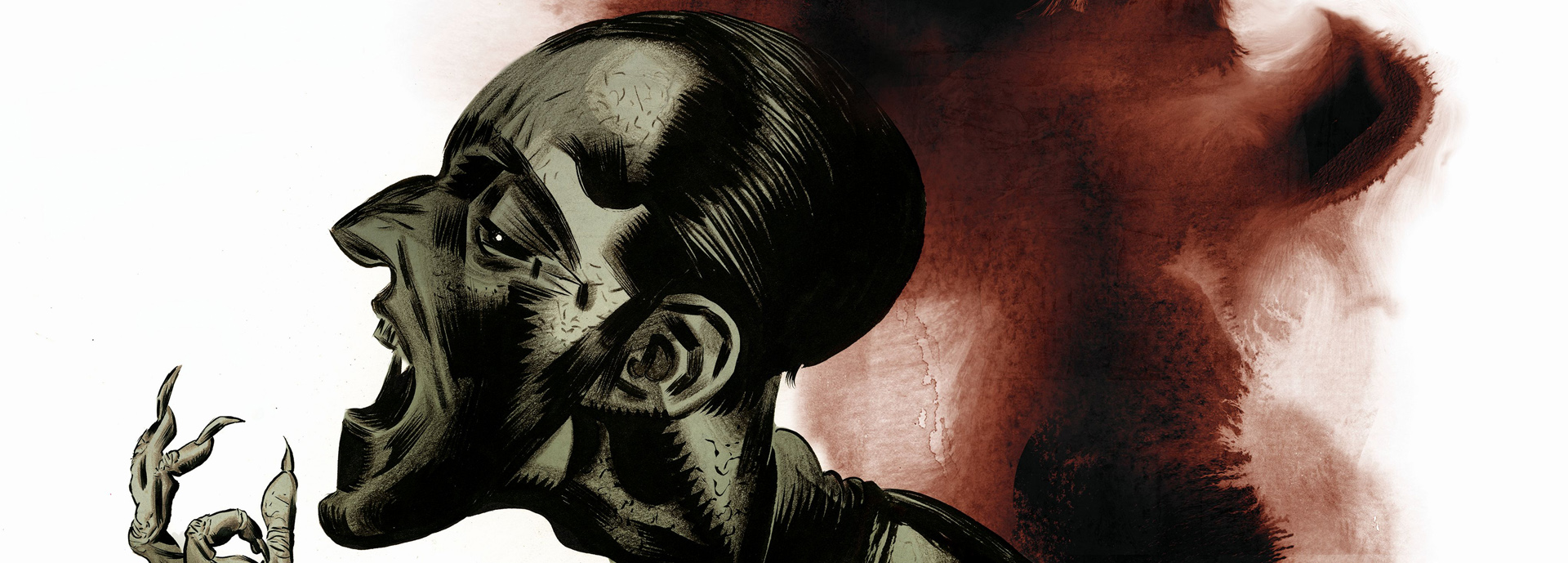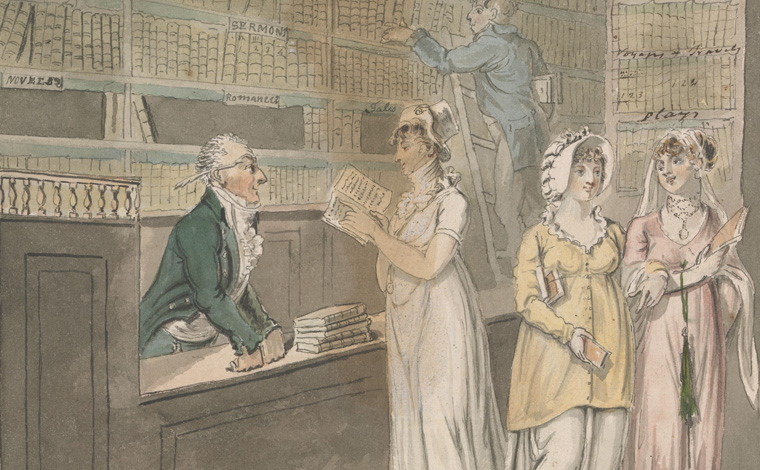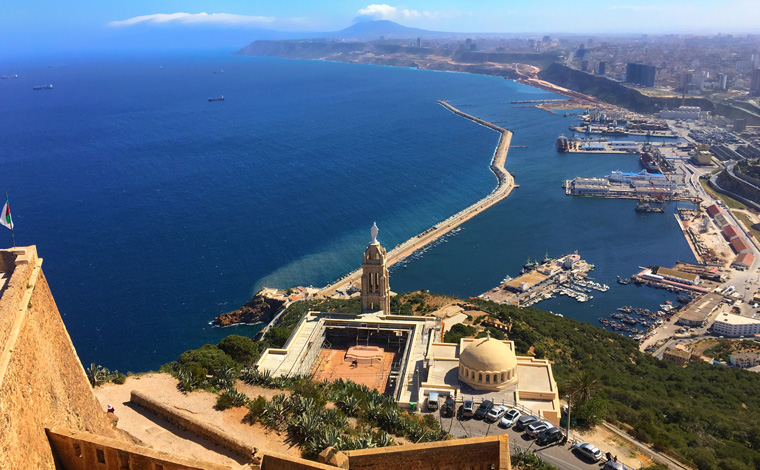Literature and Languages research
Our multidisciplinary research team works in literary and film studies, language, translation and linguistics, creative writing and publishing studies. Our vision is to increase understanding of text and language as they function across geographical, linguistic, material, commercial, institutional and cultural borders, and as they have developed over time from the medieval period to the present day.
Our strategy is to enable multidisciplinary research that is transnational in scope and significance, and which has real-world impact and utility. We work within a shared set of three research themes outlined below, bringing together outstanding researchers to develop their fields.
Our research
Transnational Narratives, Literatures and Cultures
Learn more about our interdisciplinary, intercultural, multilingual and cross-genre approaches to this theme within and across Anglophone, Francophone, and Hispanic literary, film and cultural studies including Gothic and Critical Religion.
Book History, Writing and Publishing
Find out more about our research into book history and material cultures, textual editing, and the study and practice of contemporary writing and publishing.
Language, Linguistics and Translation
Learn more about our applied research in this theme that aims to illuminate and ameliorate social problems and conditions ranging from public health and food culture, to civil and minority rights and the historical legacy of colonial discourses.

Research Spotlight
Find out how our research helped to shape the world's largest ever public exhibition of the Gothic at the British Library.
Featured research
Books and Borrowing: An Analysis of Scottish Borrowers’ Registers, 1750-1850
Our project uncovers and reinterprets the history of reading in Scotland in the period 1750 to 1830. Using formerly unexplored (or underexplored) borrowing records, we are undertaking cutting-edge research, and creating a valuable new resource that will reveal hidden histories of book use, knowledge dissemination and participation in literate culture.
Representations of the French settlers of Algeria
A two-year AHRC funded project which examines the cultural impact of mass migration across the Mediterranean, focusing primarily on literary and artistic representations of and by French colonial settlers from Algeria who were repatriated to France as exiles in 1962.
PhD opportunities in Literature and Languages
English Studies PhD (including Creative Writing)
English Studies at Stirling encompasses the study of global literatures written in English, English language (including Global Englishes), and Anglophone cultures from the medieval period to the present day. It also encompasses creative practice. We offer expert supervision in all these areas. Our key research strengths include:
- Book History (from the medieval to the present day)
- Scottish Studies
- Gothic Studies
- Medieval, Early Modern and Eighteenth-Century Studies
- Victorian and Neo-Victorian Studies
- Creative Writing
- English Language and Linguistics
- Postcolonial Studies
- Creative Writing
- Translation Studies
You may wish to contact us about projects in any of these areas. We also offer supervision in other areas of English Studies and supervise doctoral students from across the Faculty of Arts and Humanities, and indeed the rest of the University. Notably we co-supervise projects with colleagues in History, Social Sciences, and Law.
We have excellent national and international connections, with links to universities across Europe, North America, and Asia. We also hold leadership roles in learned societies, lead major international research projects, organise conferences, and are active members of editorial boards of the leading journals in the field, which will help you create connections as you complete your research with us. You will also be able to take advantage of our long-established links with libraries, archives, and museums across the UK. Recent collaborations with external partners include the British Library, the National Trust for Scotland, the National Library of Scotland, NHS Scotland, and many others. In terms of additional sources of funding, we would point you to the the Carnegie Trust PhD Scholarships: we have had a successful track record with these in recent years.
In addition to the outstanding support within English Studies, you will join a large group of doctoral students within the Division of Literature and Languages. The Faculty of Arts and Humanities will provide access to dedicated research facilities, including working spaces. We also dedicate financial resources towards supporting doctoral candidates to access archives, carry out fieldwork, and attend conferences. There are excellent training opportunities in place at University, Faculty and Divisional levels, including subject specialist training within postgraduate research seminars and other forums, a Divisional Writing Group which organises weekly Writing Hours and Writing Retreats, and the opportunity to get involved with conference organisation. PhD students in English Studies become valued members of our research community, and trusted colleagues in our teaching endeavours.
| Read more about how to apply and see entry requirements | What's the difference between a PhD and an MPhil? | Learn more about our Literature and Languages research |
French PhD
French at Stirling makes a vital contribution to the rich disciplinary and interdisciplinary research environment of the Division of Literature and Languages. As a PhD student, you will be welcomed into a thriving, inclusive community of researchers. We encourage and support our PhD students to build confidence by taking part in staff-student research seminars and public engagement events, organising postgraduate conferences and publications and joining subject-association committees. You well also benefit from University’s Institute for Advanced Studies professional training and support. Enjoy access to our state-of-the art facilities, including our renowned inspirational campus grounds. As a student in French, you will be supported by a team whose internationally-recognised, award-winning research foregrounds the diversity of the French-speaking world and emphasises French as a global language. Many of our research staff in French also hold key roles in subject associations and are involved as editors or editorial board members of leading journals in their fields.
French at Stirling is internationally recognised for a research culture that has long underpinned transformative, decolonising approaches to curriculum development. We have led the way in (re)-shaping disciplinary understandings and prioritised a forward-thinking, inclusive research ethos that responds to a changing world and the place of French-speaking cultures within it. A small, supportive team with a strong collaborative work ethos, French at Stirling welcomes enquiries and applications from strong PhD candidates working across the full range of our areas of expertise
Established research strengths in French include: visual cultures (especially cinema), postcolonial literatures and decolonising methodologies, museum studies, poetry, histories of migration, gender and sexualities, queer studies, environmental humanities, translation studies.
| Read more about how to apply and see entry requirements | What's the difference between a PhD and an MPhil? | Learn more about our Literature and Languages research |
Languages, Cultures and Religions PhD
As a PhD student in Languages, Cultures and Religions you’ll contribute to a research culture that cuts across the disciplinary units of English (including English Language, Literature, Creative Writing and Publishing Studies), Modern Languages, Translation Studies, and Religion, and foregrounds their intersections. We work within a shared set of research groups, bringing together outstanding researchers to develop their fields. Our wide-ranging expertise comprises creative practice and the study of global literatures, cinema, languages and cultures from the medieval period to the present day. We work with a diverse range of theoretical frameworks and welcome students who are interested in engaging with the latest work in Translation and Interpreting, Gender and Sexuality, Postcolonial Studies,
Research students in the Faculty of Arts and Humanities are provided with access to dedicated research facilities as well as an opportunity to attend a range of research seminars and workshops within specialist research centres and collaboratively across multi-disciplinary subjects. Research students have access to a number of training opportunities, at University, Faculty and Divisional levels, including subject specialist training within postgraduate research seminars and other forums.
| Read more about how to apply and see entry requirements | What's the difference between a PhD and an MPhil? | Learn more about our Literature and Languages research |
Publishing Studies PhD
The Stirling Centre for International Publishing and Communication is a world-leading centre for postgraduate publishing studies, offering expertise in contemporary and historical publishing. The Centre celebrated its 40th anniversary in 2022 as one of the first UK centres for research and postgraduate education in publishing studies. Scotland is a particularly exciting place to study publishing, with a rich literary culture and a distinctive publishing ecosystem, characterised by dynamic independent publishers.
As a PhD researcher, you will join a supportive and collegial research community and benefit from the Centre’s close relationships with publishing companies and literary organisations, as well as other universities. Our research expertise is wide-ranging, including digital publishing, global publishing, scholarly communications and open access, publishing and the visual arts, small press publishing and contemporary literary culture including book prizes and festivals. We are part of the Division for Literature and Languages, which offers adjacent expertise in literature, creative writing, translation and book history, hosting The Pathfoot Press, a centre for letterpress publishing. There are paths for interdisciplinary research and supervision.
Research students in the Faculty of Arts and Humanities have access to dedicated facilities for research and opportunities to participate in a wide range of research seminars and workshops, within specialist research centres and collaboratively in multi-disciplinary forums.
Our PhD community incorporates researchers from professional publishing backgrounds, publishing postgraduates, and graduates from other backgrounds. We welcome enquiries about potential PhDs and can advise on sources of funding. Previous students have obtained AHRC funding via the Scottish Graduate School of Arts and Humanities (SGSAH), and Carnegie Caledonian PhD scholarships.
| Read more about how to apply and see entry requirements | Learn more about our Literature and Languages research |
Religious Studies PhD
As a postgraduate researcher in Religion at Stirling, you’ll work with a range of scholars at the cutting edge of critical and interdisciplinary engagement, exploring the way religion intersects with politics, gender, philosophy, postcolonial studies, theology, economics, literature, music, and the arts, sociology and more.
Under the banner of Critical Religion, our research seeks to interrogate how we have come to think about the historical construction and category of “religion” itself, and to ask positive but searching questions about the place of religious discourse and practice in contemporary societies. We see this as a necessarily interdisciplinary enterprise, and encourage doctoral projects that combine theoretical ideas (such as from philosophy, theology, feminism, or critical theory) with more embodied expressions within society and culture (such as from literature and the arts, material culture, economic activity, or political formations). Our expertise in Continental Philosophy, Non-Western Scholarly Traditions, Caribbean culture, Postcolonial Literature and theory, Gender, Hermeneutics, Middle East Politics, China, Translation, Economics, Literature and the Arts (including music), Sociology of Religion and Cultural Studies are just some of the principal lenses through which we wish to pursue what it means to “be” religious in a globalising world.
We have a vibrant research environment that welcomes, values and supports interdisciplinary doctoral researchers. The Faculty of Arts and Humanities provide access to dedicated research facilities, study space, and training opportunities at multiple levels. Pursing a PhD in Religion in this context at Stirling will then offer unique opportunities to work collaboratively across disciplinary subjects, as you engage in research seminars, workshops and forums both with broad connections and within specialist research centres that involve Religion.
| Read more about how to apply and see entry requirements | What's the difference between a PhD and an MPhil? | Learn more about our Literature and Languages research |


